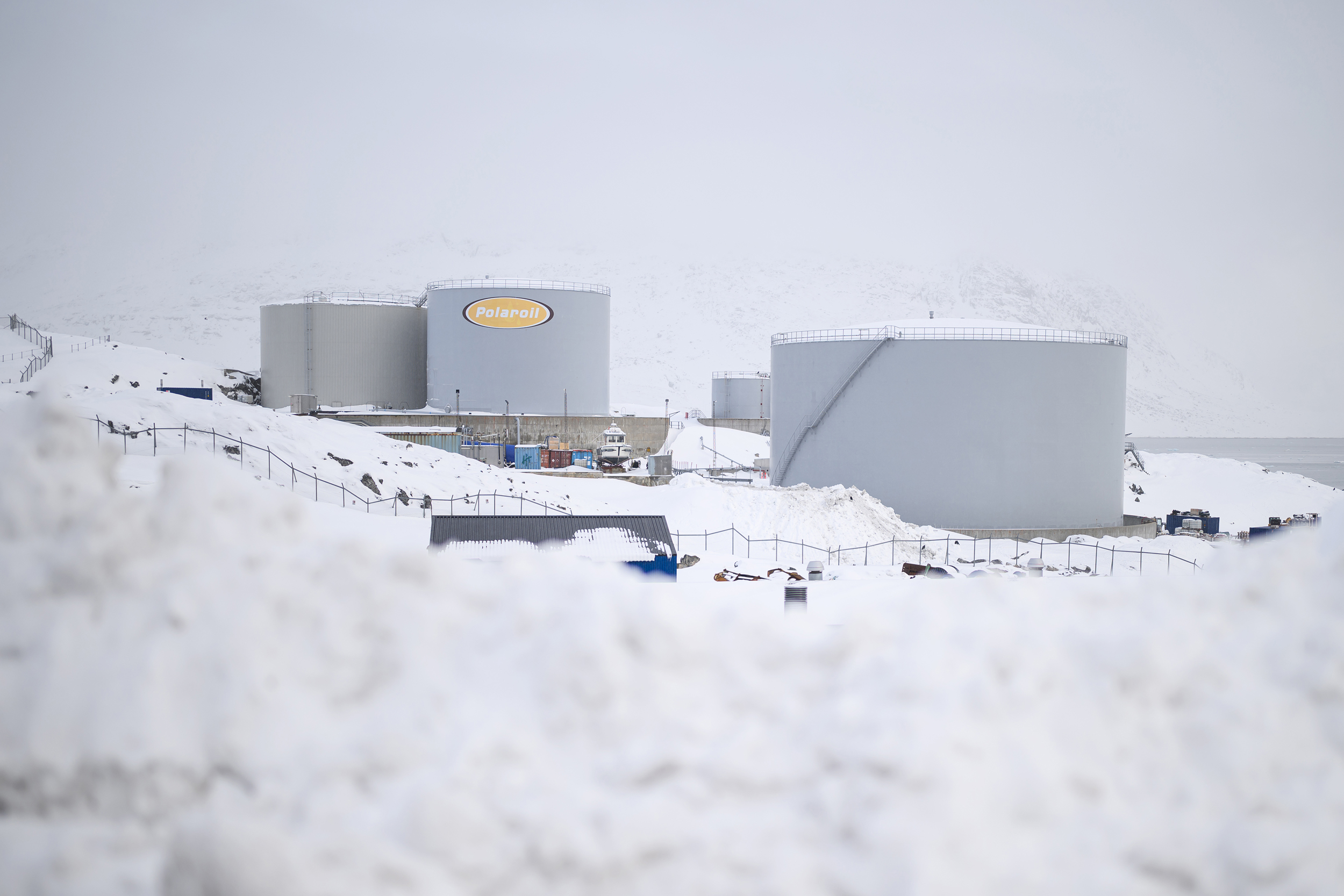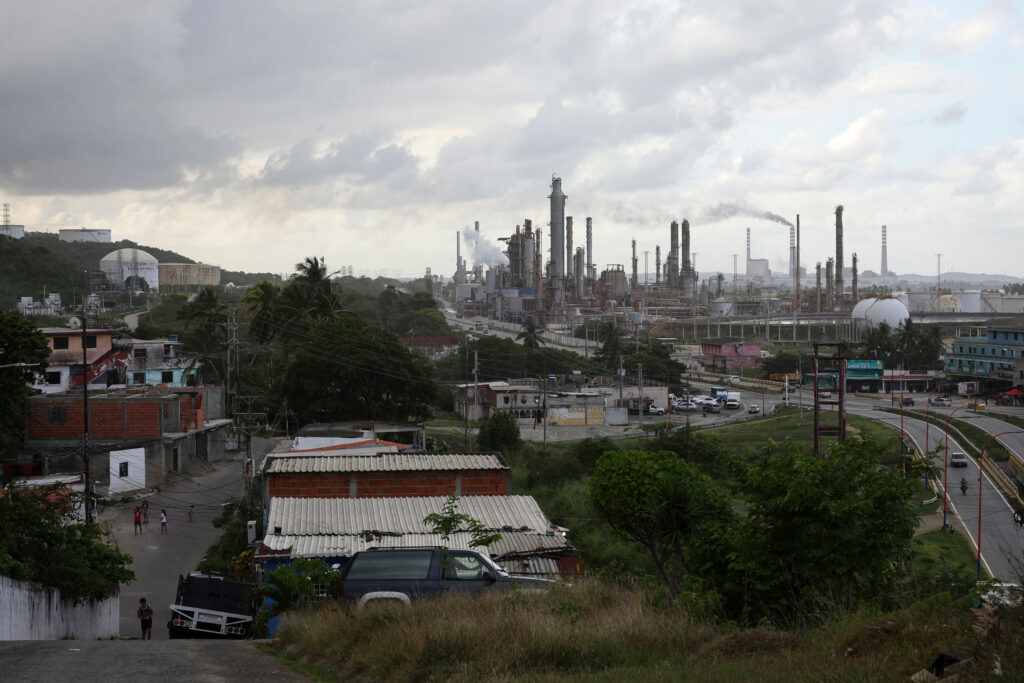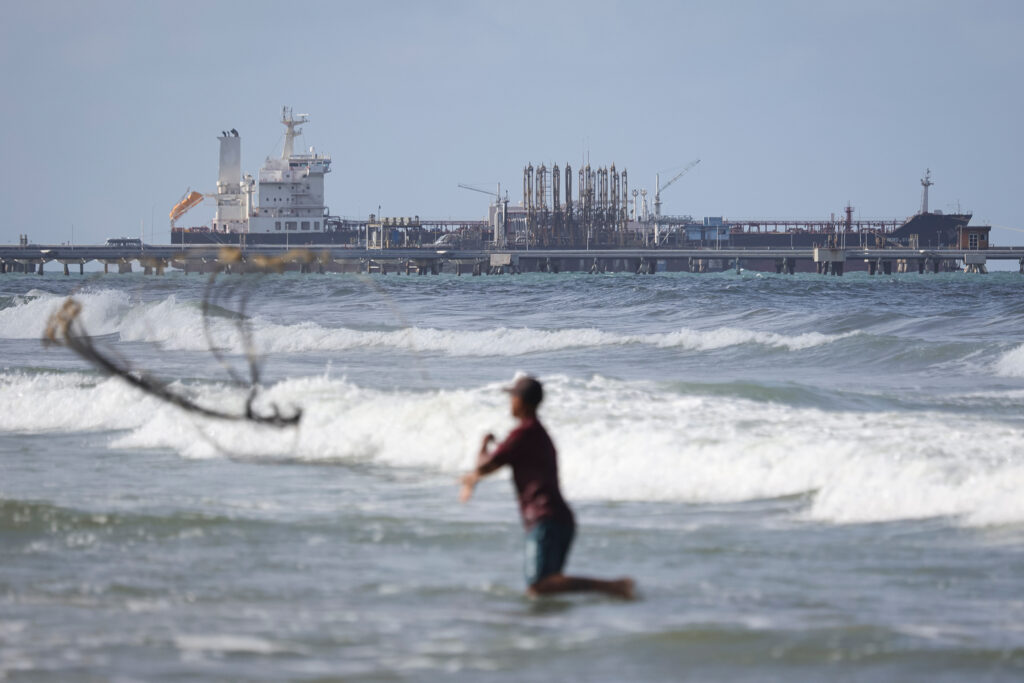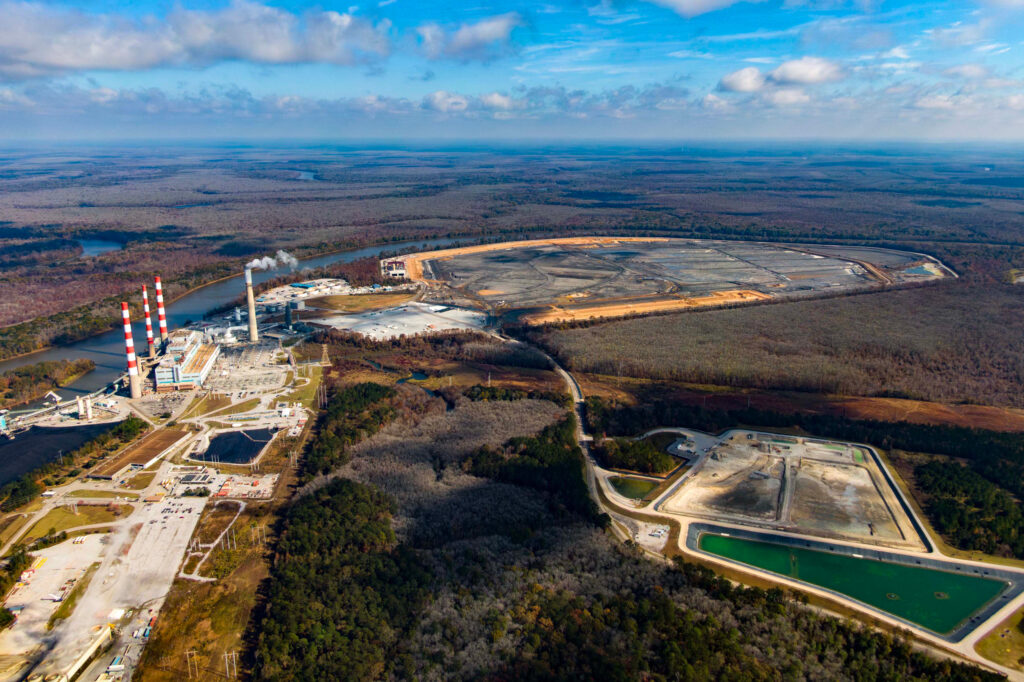Pennsylvania lawmakers heard conflicting views this week over whether the state should set up a board that oversees the siting and operation of new electric-generating plants amid national fears that growing demand for electricity will exceed supply.
The Reliable Energy Siting and Electric Transition Board, or RESET, would set statewide standards for the selection and use of sites for energy generation and storage. According to a bill, HB 502, that’s backed by the administration of Gov. Josh Shapiro and is now being considered by the state legislature, the board would do so in a way consistent with human health, safety, environmental protection and the efficient use of resources.
If approved, the board would replace what its supporters say is a patchwork of local regulations set by townships, whose power over land use can create delays, add to costs and sometimes results in new power projects being rejected. Local officials often lack the expertise to decide on power-generating projects that may cost $1 billion or more, proponents say.
Opponents fear the panel will usher in more fossil-fuel power plants even as the consequences from climate change mount, both in Pennsylvania and worldwide.
We’re hiring!
Please take a look at the new openings in our newsroom.
See jobs
The seven-member board would consist of three secretaries of state agencies, the chair of the state’s Public Utility Commission, representatives of business and the building trades and the chair of the state’s environmental justice advisory board.
Although the bill does not propose that local officials are represented on the board, it requires developers to inform them about reasons for proposing a local site, alternative locations that were considered, environmental impacts and potential benefits to the community. Developers would also have to provide a township with copies of technical reports showing the need for a new power plant or energy-storage facility.
While local input is required by the bill, towns should not prevent energy projects at a time when new capacity is urgently needed in Pennsylvania and across the United States, argued Evan Vaughan, executive director of MAREC Action, a trade group that advocates for clean energy infrastructure in 10 of the 13 states that fall in the territory of regional grid operator PJM Interconnection.
“We are in a period when we need to be deploying more energy resources,” Vaughan said at a Pennsylvania House Energy Committee hearing on Wednesday. “We can’t afford to have good projects get stymied by, not bad faith by localities, but by a myopic view of what a good energy project is. Localities are not bad guys but they are not fundamentally set up to make judgements about energy projects that can be significant at the state or even the regional level.”
Power-hungry data centers are a driving force behind quickly rising energy demand around the country. The urgent need for more power supply means fossil fuels must also be considered, Vaughan said, despite his group’s advocacy for renewables. “I agree that includes all of the above,” he said.
There are about 9 gigawatts of renewables—mostly solar but also wind and battery storage—awaiting PJM approval in Pennsylvania now, but only about 20 percent of that is likely to finally provide power to the grid, according to the historical average, Vaughan said. Lately, the rate has fallen to around 5 percent, partly because some projects are denied by local governments.
“You can be ready to go, but if your locality says no, your project doesn’t materialize,” he said.
Critics say the plan is an unwarranted centralization of power at the state level, erodes local democracy and sidelines the expertise of local officials.
The plan that would give the board power to issue or deny certificates of reliable energy supply without clearly defined environmental standards “enables political favoritism, reduces transparency, and concentrates immense influence in the hands of a few,” according to a statement issued by the environmental nonprofit Food & Water Watch and signed by 24 other environmental and civic groups.
The group accused Shapiro, a Democrat, of abandoning campaign promises to be an environmental champion, and said he has instead backed fossil-fuel development. “This is not climate leadership. It’s a corporate giveaway,” the group said, referring to the bill. “At a time when local governments are developing bold climate solutions, this bill cuts them off at the knees.”
Adam Walters, an energy advisor to Pennsylvania’s Department of Community and Economic Development, testified on behalf of the Shapiro administration in support of the bill. The proposal is part of Shapiro’s “Lightning Plan,” a multi-pronged energy effort the governor said is designed to lower costs, create jobs, streamline permitting and boost in-state energy production.
Since the mid-19th century, Pennsylvania has been a national energy leader, producing large quantities of oil, coal, natural gas and nuclear power, Walters said. But it is now in danger of losing its lead because of bureaucratic delays and high costs, some of which originate locally, he said.
“Too often, red tape makes it slower, more uncertain and more expensive to build the next generation of energy projects in Pennsylvania,” he said. Pennsylvania is one of only 12 states that don’t coordinate their energy development statewide, he added.
But Brian Rengert, director of government relations with the Pennsylvania State Association of Township Supervisors, blamed federal and state permitting delays, supply-chain challenges and construction holdups rather than local deliberations for a slow pace of power development.
The bill would deprive the energy-development process of the expertise of local officials, he said at a committee hearing on Monday. Rengert dismissed the bill’s requirement for developers to consult with local officials as only “checking a box.” He said that required public hearings don’t have to take place in the host municipality, a measure that would limit public attendance.
“HB 502 removes an important check and balance from the development process by local elected officials, who understand the uniqueness of their communities,” he said. “It overrides the careful planning by local governments and strips communities of protections.”
The Texas-based power company Vistra supports the bill because it would streamline permitting and help to create certainty for investors in power projects, said Kathy Dietz, director of development and strategy of the company, which has three gas-fueled and one nuclear power plant in Pennsylvania, serving some 200,000 customers.
“Regulatory complexity can add years to the amount of time required to develop a new power plant. In contrast, a stable state regulatory policy can significantly accelerate and de-risk the timeline for a project by providing predictability, clarity and coordination across the development lifecycle,” she said.
Committee vice chair Mandy Steele, a Democrat who is the bill’s lead sponsor, predicted that Pennsylvania’s residents and businesses won’t be able to afford their electric bills unless supply rises to meet demand.
“PJM is telling us that demand is rising and that we have to do something, or we are going to be in a full-grown crisis in Pennsylvania,” Steele said. ”What has worked in other states with a similar crisis is a state siting board. We’ve got to get this done fast.”
About This Story
Perhaps you noticed: This story, like all the news we publish, is free to read. That’s because Inside Climate News is a 501c3 nonprofit organization. We do not charge a subscription fee, lock our news behind a paywall, or clutter our website with ads. We make our news on climate and the environment freely available to you and anyone who wants it.
That’s not all. We also share our news for free with scores of other media organizations around the country. Many of them can’t afford to do environmental journalism of their own. We’ve built bureaus from coast to coast to report local stories, collaborate with local newsrooms and co-publish articles so that this vital work is shared as widely as possible.
Two of us launched ICN in 2007. Six years later we earned a Pulitzer Prize for National Reporting, and now we run the oldest and largest dedicated climate newsroom in the nation. We tell the story in all its complexity. We hold polluters accountable. We expose environmental injustice. We debunk misinformation. We scrutinize solutions and inspire action.
Donations from readers like you fund every aspect of what we do. If you don’t already, will you support our ongoing work, our reporting on the biggest crisis facing our planet, and help us reach even more readers in more places?
Please take a moment to make a tax-deductible donation. Every one of them makes a difference.
Thank you,















